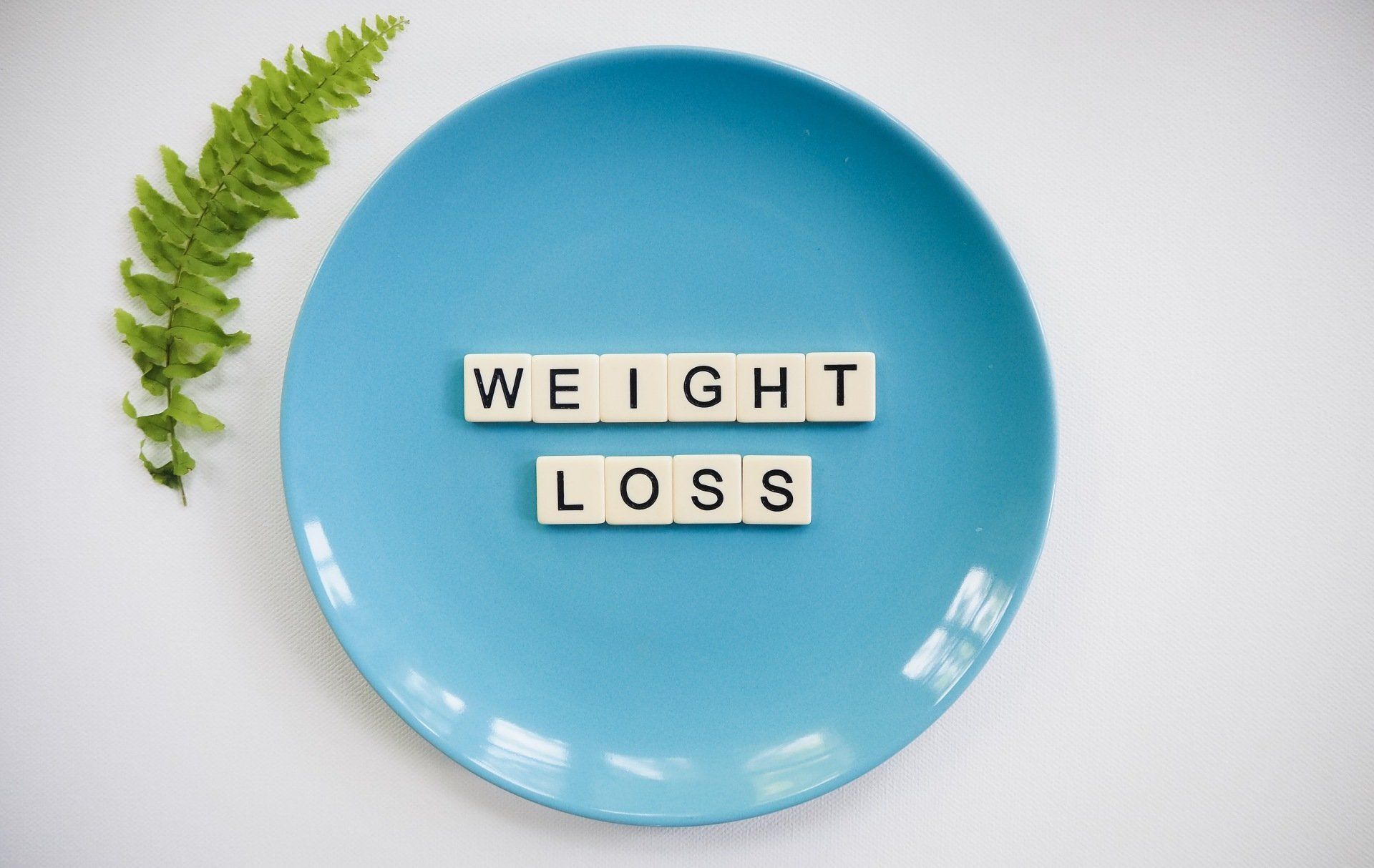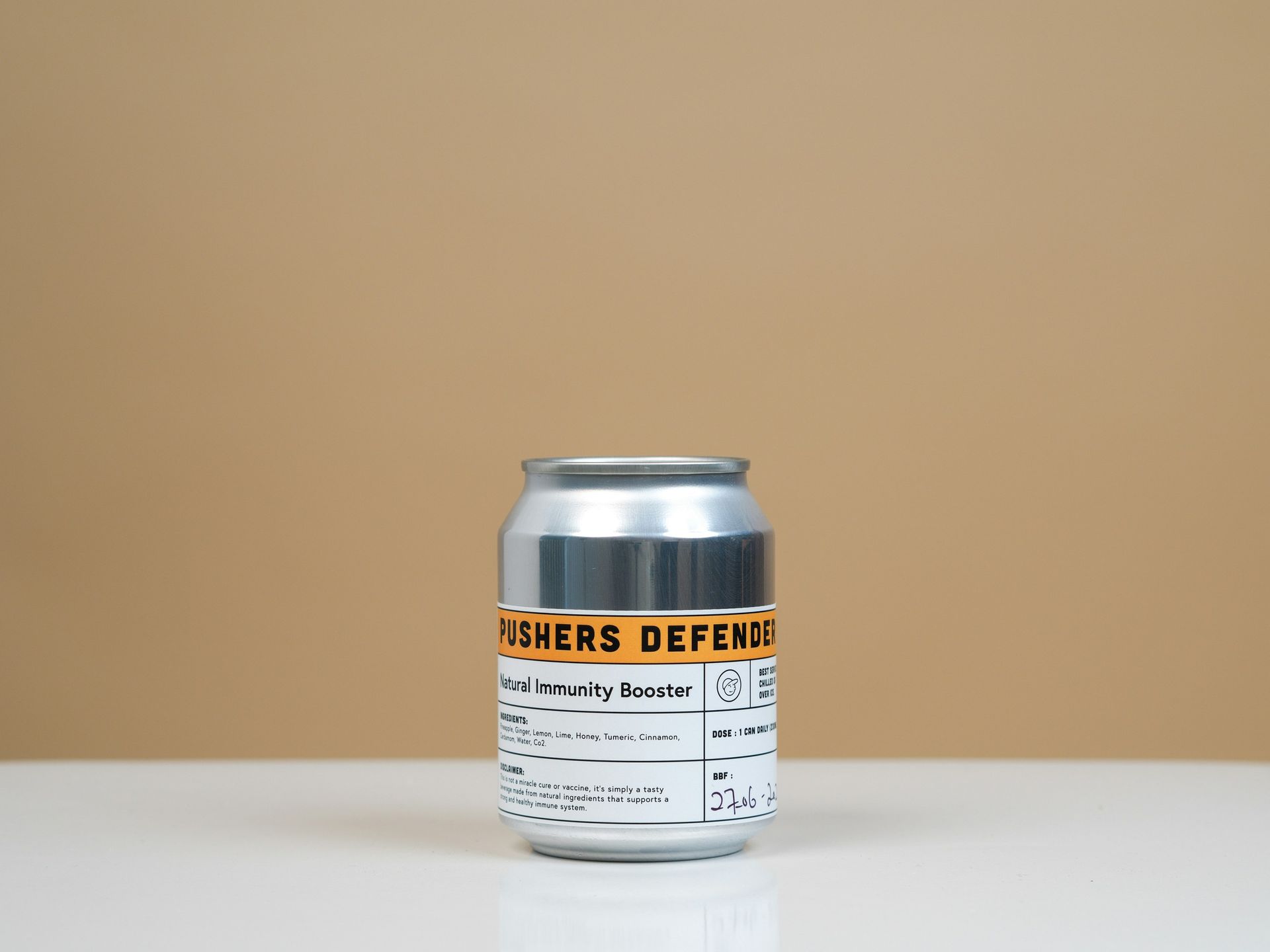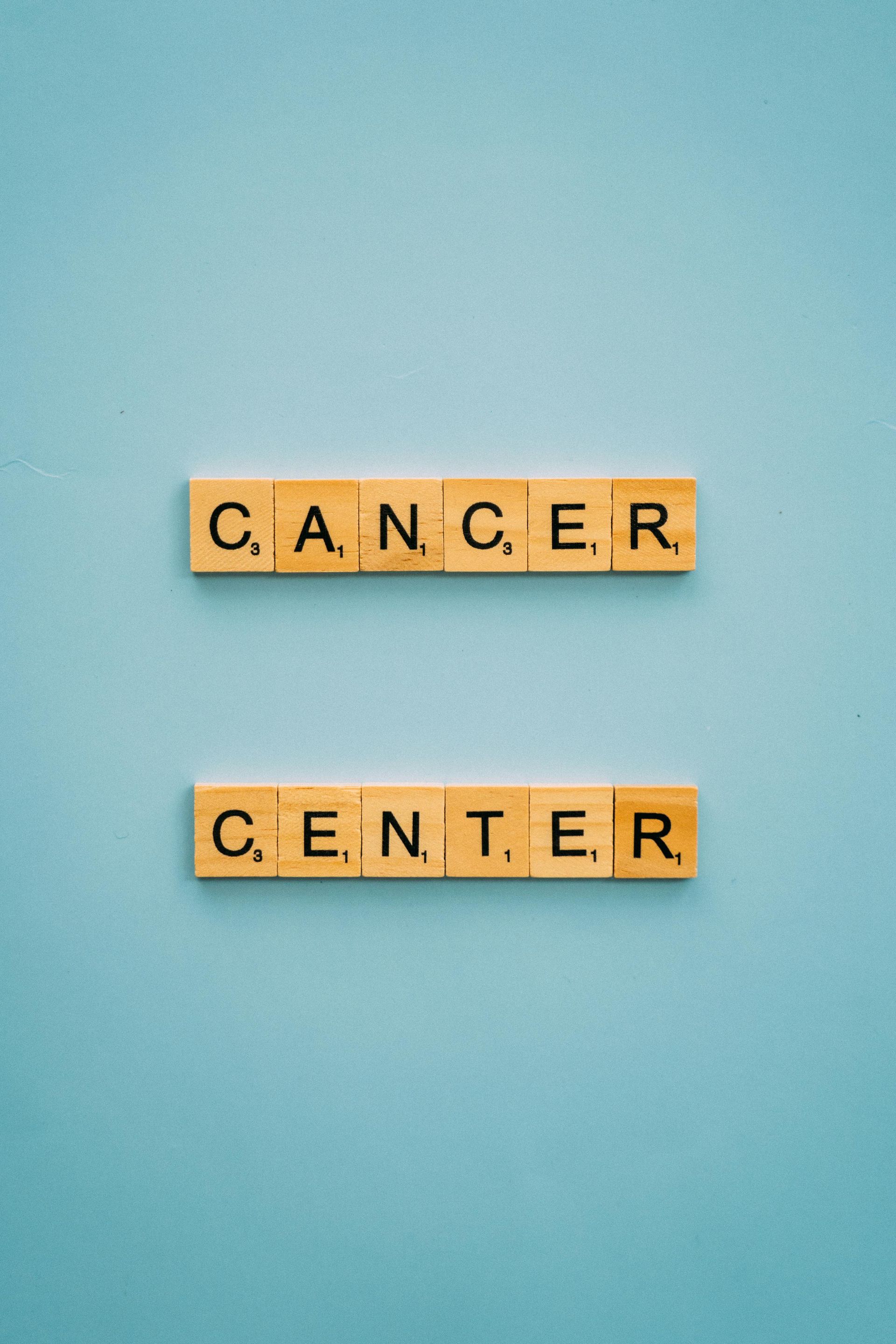FASTING FOR CANCER
Is it safe for cancer patients to fast? Should I fast while getting chemotherapy? Should I fast all the time? I can’t fast. Is intermittent fasting just as good as long term fasting? What about water- will water break my fast? Is the ketogenic diet just as good as fasting? Can we combine chemotherapy with fasting?
So many questions. I cannot answer all these questions at this time, but will instead offer you a general sampling of my most pressing thoughts.
Fasting has been around since the time of Hippocrates, whom we consider to be the FATHER of medicine.
• Fasting is defined as voluntarily not taking in any solid food or stimulants. This may include caffeine, nicotine, alcohol, and other liquid beverages.
• The fast should last for a limited amount of time.
• Ideally, “sufficient” quantities of herbal tea and water may be allowed.
SHOULD CANCER PATIENTS FAST DURING CHEMOTHERAPY?
Yes, it has been done. Studies do exist where the reserachers studied fasting in different types of cancers. Researchers did find that not only is it safe, there are also many benefits.
1. LESS FATIGUE and BOOSTS OVERALL ENERGY
Fasting can help boost our energy. During fasting, our bodies sense the absence of glucose and trigger the production of ketones in our liver. Ketones serve as a higher power form of energy. Ever wonder how long term hunger strikers maintain their energy for days, even weeks, without food? They subsist on water and continue to function pretty well. That is because they have plenty of excess stored glucose in their bodies. Until that excess stored glucose is used up, people on prolonged fasts can still function well. If their bodies are already used to having ketones, or what we call keto-adapted, they will feel energized because their cells can easily get energy from ketones.
2. DECREASE CELL DAMAGE
Fasting can decrease stress hormones and improve antioxidant activity. Our normal cells will be preserved, which is important especially when we undergo chemotherapy.
3. IMPROVE MEMORY
The ketones that we produce while fasting will feed the brain and help improve our levels of alertness. I feel that this can significantly help patients who suffer from “chemo brain” or memory loss after receiving chemotherapy.
3. IMPROVE OUR IMMUNE SYSTEM. Inside our bodies, we have special white blood cells called monocytes. These turn out even more specialized cells called macrophages. They are huge ( hence the term macro) cells that also "eat" damaged cell parts. In addition to this housekeeping role, macrophages can prime the immune system to protect us against infection. But, (surprise, surprise), these same macrophages can also turn around and protect tumors.
Yes, these TUMOR ASSOCIATED MACROPHAGES, or TAMS, can help protect cancer cells, encourage them to build sturdy blood vessels, and even help cancer cells develop the ability to move around and metastasize to other organs.
Fasting can help manipulate our immune systems so that we reverse these pro-tumor TAMs and make them anti-cancer cells again.
4. LOSE WEIGHT
Believe it or not, losing weight during cancer therapy can be a good thing. Excess carbohydrates are not burned and will be stored. Obesity leads to stored fat. Stored fat can encourage these tumor-promoting macrophages. The weight loss that we see with cutting out carbs, will decrease this fat, but also indirectly limit these cancer loving macrophages.
This brings us back to item number 3. By improving our immune system we can also weaken cancer cells.
WHAT IF I CANNOT FAST? ( too thin, too weak, fear of more weight loss, lack of motivation)
Some patients are too weak to fast. Some are already "too thin" to fast. Weight loss is often thought of to be an ominous sign. Spiraling weight loss is usually seen near the terminal stages of cancer when the pro-tumor cytokine chemicals are already ravaging throughout the body. Muscle is being broken down, and fat stores are low.
Can fasting still be done when weight loss has already set in? Fat stores are probably already nearly depleted at this point. Fasting is best done before weight loss has already set in. When weight loss has already happened, the only way to reverse this rapid weight loss is NOT by feeding more carbohydrates. Because if you feed more carbs or sugar, that will further fuel cancer.
I rarely see success with this high calorie feeding approach. Actually, I never saw success with this approach of feeding more carbohydrates to a cancer patient losing weight. It is counterproductive.
The best way to deal with cancer related weight loss is to try and stop the supply of weight loss cytokines. And that will be located at its source. And that source is the cancer itself.
WHY WILL FASTING RESULT IN WEIGHT GAIN?
A fasting strategy might be logical. Fasting will weaken the cancer cell and we hope that while chemotherapy is going on, the starvation effect of fasting on cancers will make cancers shaky, and die faster. Because the ketones are also around, the normal cells will continue to be fed, and will not starve. By successfully killing more cancer cells, the source of the weight loss promoting cytokines will slow down, and weight loss should theoretically stop.
KETOGENIC DIETS HAVE SIMILAR BENEFITS AS FASTING
Instead of fasting, you can still reap the benefits of a fast by trying out a low carbohydrate diet.
The ketogenic diet was meant to give benefits that resemble the act of fasting. By limiting carbohydrates, we get the same metabolic benefits.
- Produce ketones to improve fatigue
- Ketones increase alertness and improve memory to counteract “chemo brain”
- Decrease glucose
- Decrease insulin
- Modify the immune system
- Antioxidant effect
- Deplete the cancers of their oxygen supply






